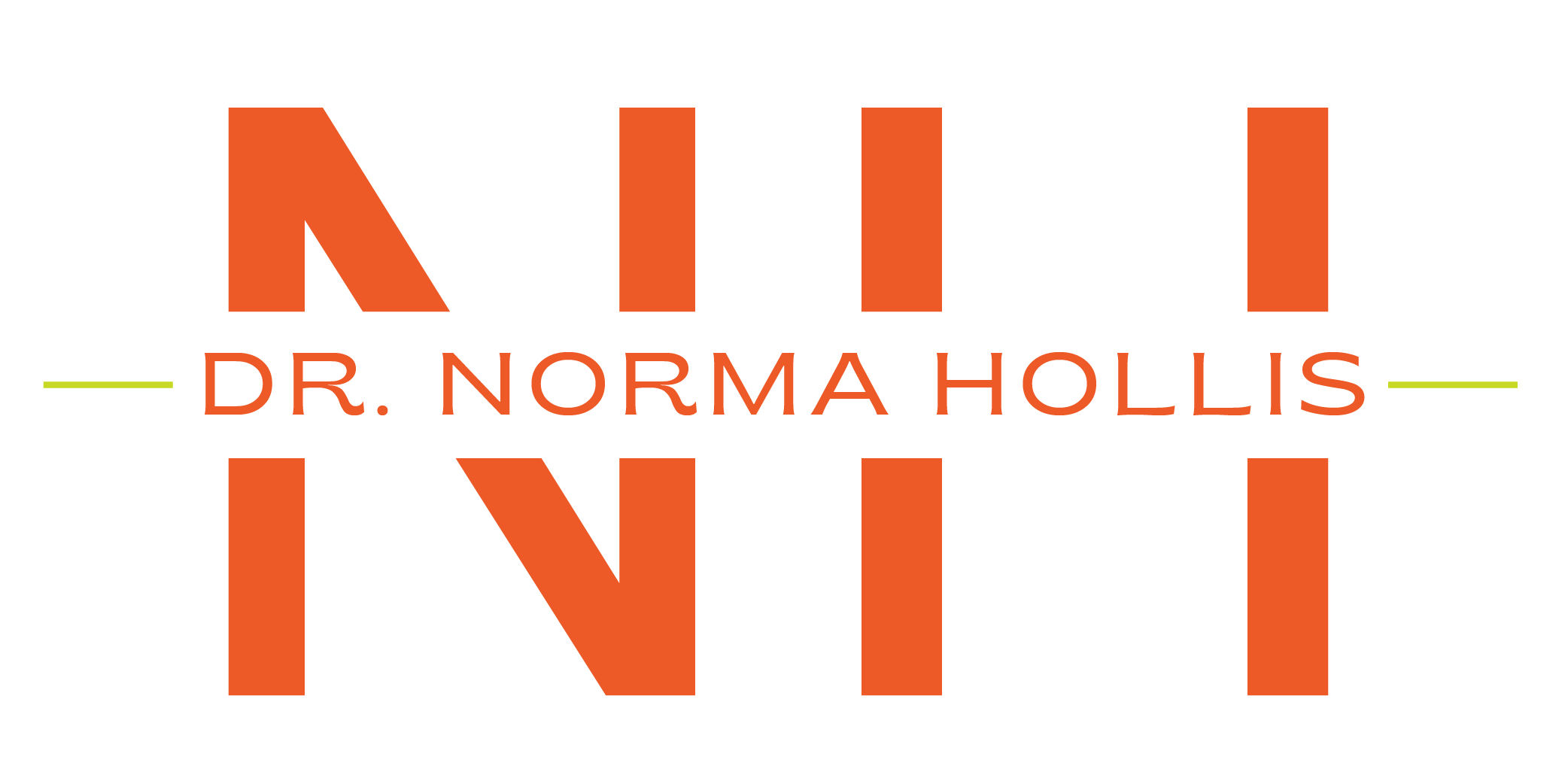
The Cost of Hiding Your True Self
Do you ever catch yourself modifying your behavior to please others? Covering up unflattering emotions to maintain an image? You’re not alone. Many of us downplay our quirks or unique perspectives in hopes of gaining approval. However, perpetually hiding one’s authentic self inflicts steep costs over time – personally and professionally.
What Does Authentic Living Really Mean?
Authenticity comes down to alignment between inner values and outer expression. Rather than filtering personality traits or past experiences, people living authentically stand confidently in their truth. This builds integrity and often catalyzes positive change.
For example, signs of an authentic life include:
- Readily admitting mistakes or knowledge gaps when they arise
- Voicing opinions even if they counter the majority stance
- Bringing aspects of yourself often deemed “unprofessional” into work
- Allowing humor and playfulness to shine through serious demeanors
Ultimately, the key rests in releasing attachment to others’ judgments. What peace awaits when we can freely embrace all dimensions of ourselves!


The Suffocating Burden of Facades
Yet, shedding constant impression management overwhelms many. Are authenticity’s benefits with exposure to ridicule or rejection? Absolutely. Consider façade maintenance’s far-reaching drawbacks versus authentic living’s transformative upside.
Inauthentic lifestyles cultivate:
- Internal turmoil from burying one’s struggles
- Heightened anxiety and depression risk
- Stifled creativity from conformity enforcement
- Limited access to support due to hiding weaknesses
- Confusion from losing grasp on core identity
Meanwhile, embracing authenticity fosters:
- Greater confidence and self-acceptance
- Increased professional opportunities and advancement
- Deeper, more fulfilling relationships
- Improved learning agility through self-reflection
- Lasting, positive behavior change
Clearly, despite potential social hurdles, authentic living proves essential for growth – both personal and professional.
Cultivating Courage and Compassion
Transitioning from façade maintenance to authenticity requires both courage and self-compassion. Try these tips:
- Identify your core values, separate from others’ standards
- Find allies able to embrace your quirks and truths
- Begin small, opening up in low-stakes situations first
- Consider a therapist to unpack suppressed emotions safely
- Celebrate small moments of authenticity, self-acceptance
At the end of the day, your truth deserves expression more than strangers’ ears deserve protection from it. With courage and care, discover the fulfillment of living openly – drops of judgment along the way can only make you shine brighter from within. Lean into who you are at your core – transformation awaits!
